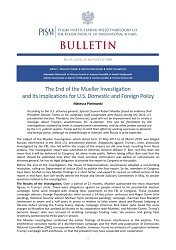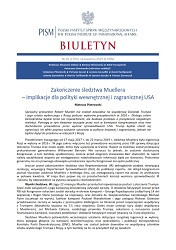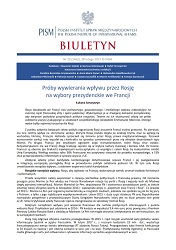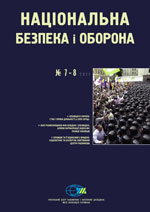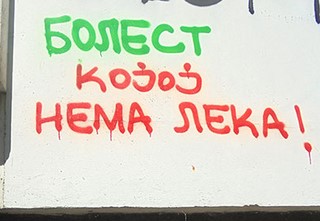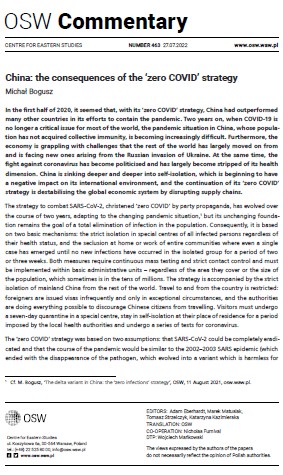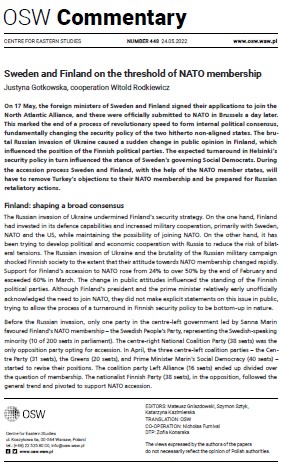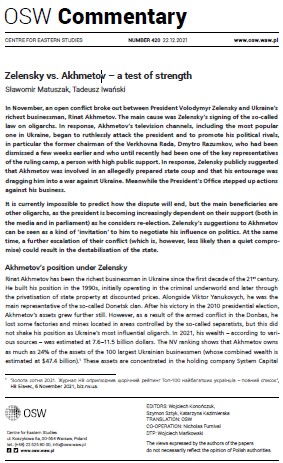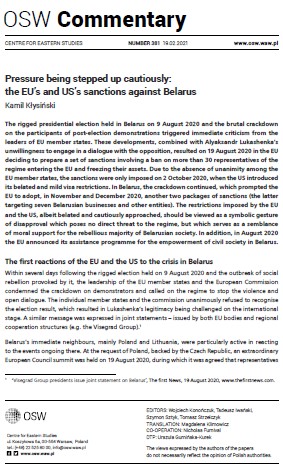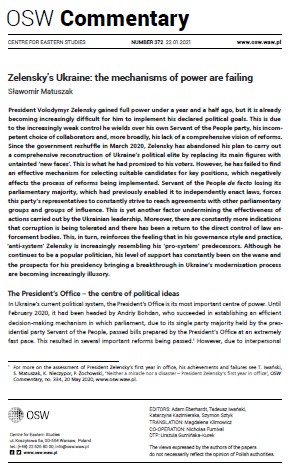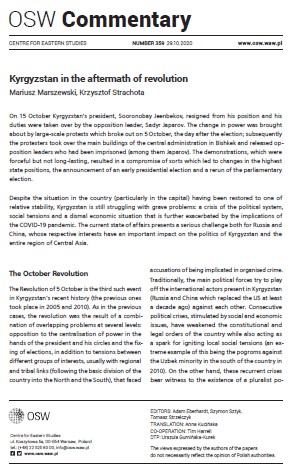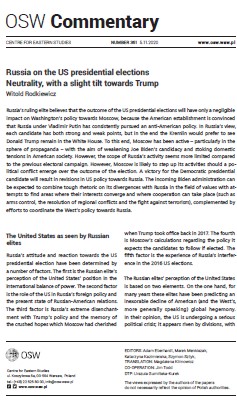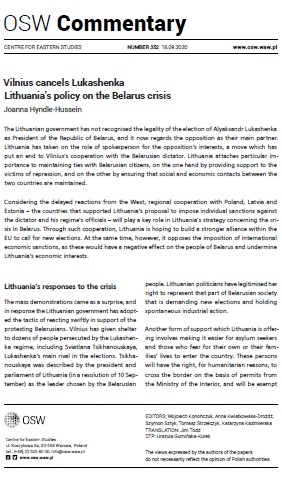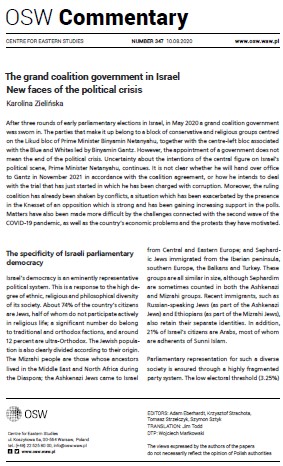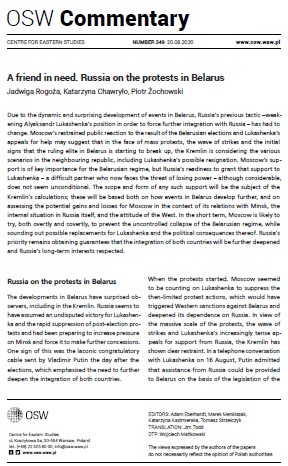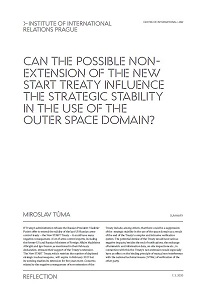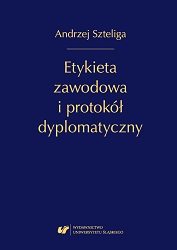
Etykieta zawodowa i protokół dyplomatyczny. Wyd. 1. popr.
Good manners and ethical conduct are extremely important in interpersonal relationships in general, but they gain special significance in international and interstate relations at various levels. An example, especially on the professional level, can be diplomatic behaviour, which constitutes a specific compilation of historical traditions and contemporary good practices, based on legal and customary norms. // The book „Professional Etiquette & Diplomatic Protocol” by Andrzej Szteliga in an accessible way presents and discusses classical principles of savoir-vivre, professional and social etiquette as well as basic issues of diplomatic protocol and foreign service. Therefore, many of its pages contain such terms as ethics, professional etiquette, savoirvivre, diplomatic protocol, foreign service - explained theoretically and discussed in practice. The book, due to its character as an academic textbook, has a unique cognitive and educational value, not only for students, but also for politicians (especially young), local government officials and managers. The text of the publication is enriched by numerous photographs and situational drawings. // The work presents in detail the classic principles of savoir-vivre, i.e. issues related to greetings and farewells, getting to know one another and establishing contacts and the role of business cards in this process, conducting private talks and official speeches, the mastery of diplomatic, official and private correspondence, precedence (seniority) in professional and social relations, and traditional forms of address in various environments. // Further thematic blocks are related to the issues of the diplomatic protocol, i.e. to the basic elements of diplomatic and consular law, the characteristics of the rules governing foreign contacts (not only diplomatic and consular), the organisation of visits and meetings, the preparation and dispatch of invitations, participation in official and accompanying programmes, conducting negotiations and concluding agreements, a diplomatic ceremony, a flag protocol, placement of officials and guests and the order of speeches, organisation and operation of the foreign service in Poland and abroad (the Ministry of Foreign Affairs and bilateral and multilateral posts), awards and distinctions.// The substantive part of the work ends with a presentation of typical improper behaviour and gaffes, as well as advice on how to avoid them.
More...
